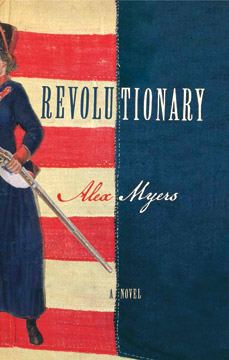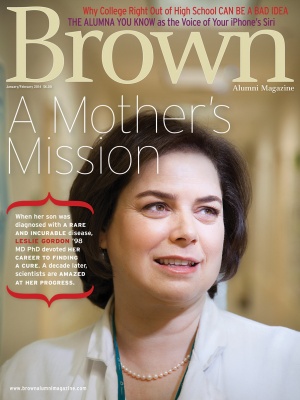The year is 1782. As the Revolutionary War drags on, a young woman named Deborah Samson sits restlessly doing piecework in a rural Massachusetts tavern, weaving and dreaming of a better life. Her options are slim; a former indentured servant, she’s not only poor and female but also “masterless”—unmarried and not in service to a family. When a recruiter for the Continental Army comes to town, Samson sees her chance. She dons a man’s clothes and enlists.

Woven with authentic period detail and language, Revolutionary is a page-turner. What propels the narrative forward is not just the battle scenes and the moments when Robert fears he may be revealed; equally compelling is its story of self-discovery and, eventually, love. Sometimes the character is pulled toward a soldier’s life, other times toward tenderness and motherhood.

Myers is transgender, and it’s tempting to attribute the character’s authenticity to the author’s experience living as both a woman and a man. But what makes Revolutionary much more than “a transgender book” is that Deborah’s journey is one that all of us make, as we learn our limits, follow our dreams, and risk everything to be who we are.
Myers discusses Revolutionary in an interview with the BAM.




